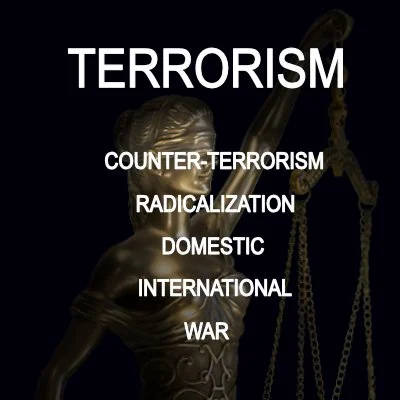May Contain Mark-Ups
Edited by Mustafa Ozguler, Ph.D., Ali Ozdogan, Ph.D., Ekrem Mus, Halim Iltas, & A. Sait Yayla, Ph.D.
The book“Terrorism: A Global Perspective,”edited by Mustafa Ozguler, Ali Ozdogan, A. SaitYayla, Ekrem Mus, and Halim Iltas, is a comprehensive compilation of presentations from the 2nd Istanbul Conference on Democracy and Global Security held in June 2007. The book is divided into three parts:“Terrorism: A Global Problem,” “Terrorism and CivilSociety,”and“Issues in Terrorism.”Each section addresses different aspects of terrorismand global security, ranging from the global and local dimensions of terrorism, the role of civil society in counter-terrorism efforts, to specific issues such as the use of biometrics incounter-terrorism and the financing of terrorist organizations through cigarette smuggling.The book emphasizes the importance of international cooperation, understanding local factors, and addressing core issues to effectively combat terrorism and enhance global security.Key topics include the framing of terrorist threats by different countries, the impact of globalization on terrorism, the fundamental causes of terrorism such as social injustice and political conflicts, and the role of media in counter-terrorism. The book also exploresthe psychological profiles of suicide bombers, the evolution of right-wing violence in Japan,and the strategic use of small-scale terrorist attacks. Additionally, it proposes new community protection initiatives, such as “Building Terrorism Resistant Communities,”to enhance local resilience against terrorism. Overall, the book provides a multifaceted analysis of terrorism, combining theoretical insights with practical recommendations for policymakers, law enforcement, and civil society
The Turkish Institute for Security and Democracy, 2009, 357 pages




